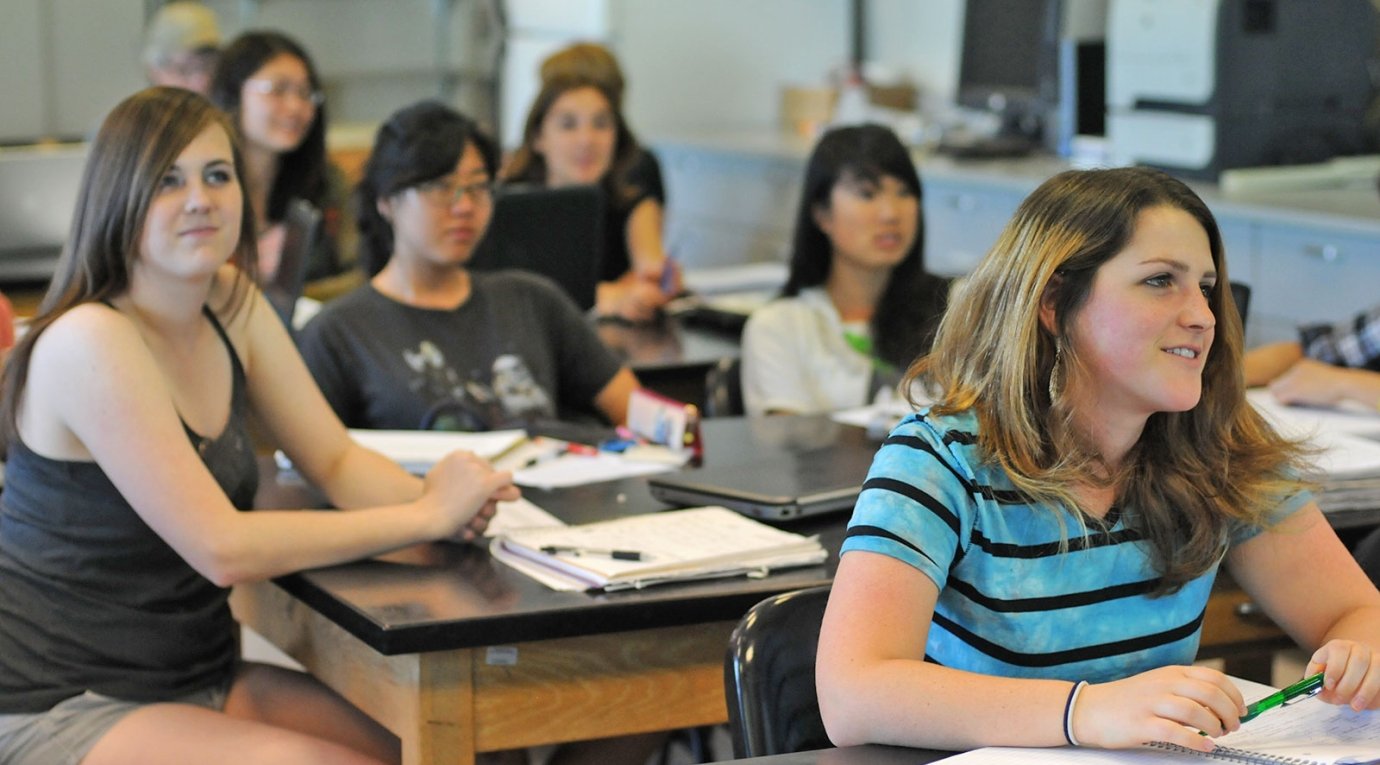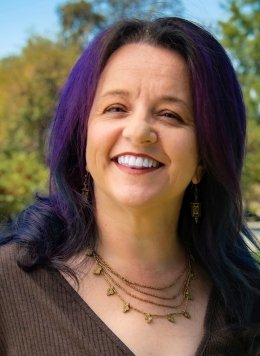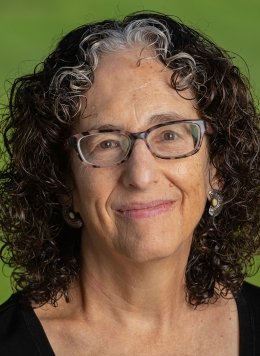Cognitive Science
Investigate how the mind learns, thinks, and acquires knowledge in our interdisciplinary Cognitive Science program

About This Program
- Our Cognitive Science program offers an interdisciplinary course of study examining the nature of cognition, based on the belief that no single academic discipline can give a full and complete explanation of the mind.
- Your courses will include six core disciplines: Anthropology, Linguistics, Philosophy, Psychology, Neuroscience, and Computer Science.
- You'll investigate such mental phenomena as belief acquisition, language development, and evolution of consciousness to name a few.



